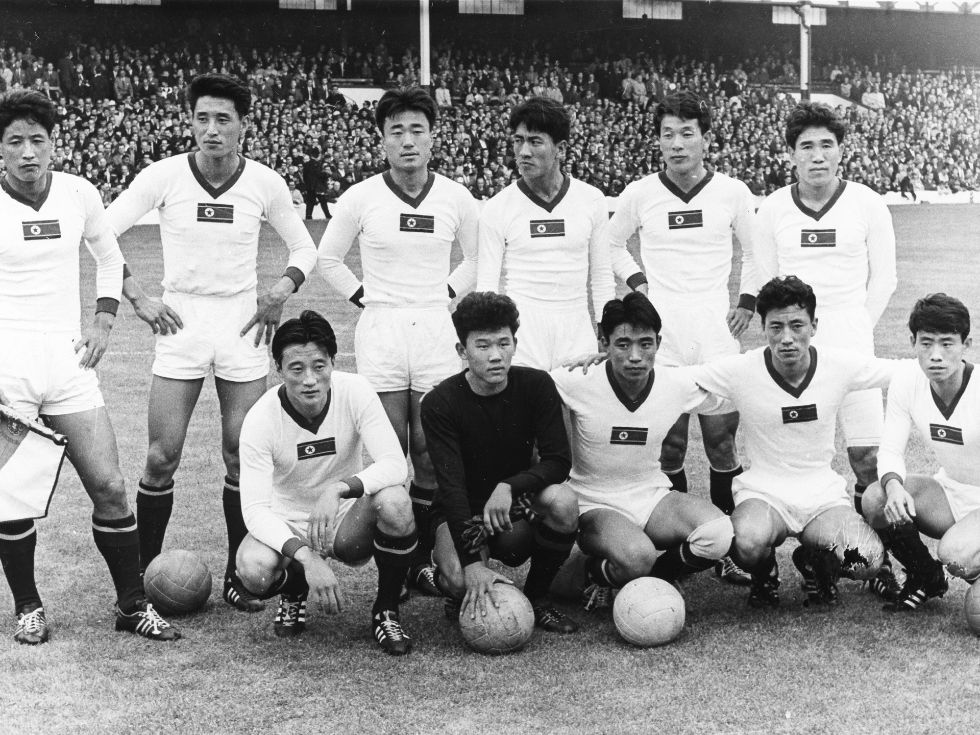Many people can’t empathize or sympathize with an athlete crying on the sidelines. These people think there are many more important things in life than sports – the athlete isn’t losing their home, their health, or a loved one. Some spectators think athletes bawling their eyes out is an overreaction.
Case in point, the Bengals v Chiefs game the other night. At the end of the game, one of the Bengal players, who was called for a penalty that could arguably be the ultimate reason his team lost the game, was visibly full-body crying on the sidelines for quite a long period as the game ended.
Sure, there is a time and a place for everything, and in team sports, being a team player is critical. Crying on the sidelines while the game was still going was not viewed as the pinnacle of good sportsmanship (neither would be a temper tantrum of anger nor acting inappropriately when elatedly happy) by some viewers. Further, planting their asses on the sideline, crying, is not helping anyone on either team – critics view them as a distraction. And they are taking away the other team’s victory and making it about themselves.
Spectators who don’t empathize or sympathize think the crying is taking away the focus of the winning team (aka the championship trophy presentation after the Bengals v Chiefs game). The upset athlete is putting the focus selfishly on himself. Many say he should have held his sh!t together until he got into the locker room. Sure, he can cry publicly, but he shouldn’t have caused a scene.
But on the flip side, the media can tear apart athletes who fail to perform – this brutal treatment is terrible. In this case, CBS broadcasted the Bengal player’s reaction immediately following his game-losing late hit penalty. But during the Chiefs’ celebration, the cameras kept cutting back to the upset defensive end, who was sobbing on the sidelines. Shifting back to the crying player was overkill. Watching an athlete go through the worst moment of their professional career is not necessary — especially when contrasted with on-field championship celebrations.
These players have had years of dedication, sacrifice, and struggle. This boohooing player was on the threshold of achieving his wildest dream – going to the Super Bowl. The anticipation alone could send shivers throughout an athlete’s body. Then he made a fateful play, being a significant (if not the reason) for his team’s loss. Despite all the practice he put in, despite trying as hard as he possibly could, his chance of living out his ultimate fantasy has passed, despite being just outside his grasp.
Emotions arise simply from the heat of the game but compound those emotions with a loss. And then further compound those feelings with an end-of-season game. If your job came down to a few hours once or twice in your entire career, you might not cry, but I bet you would be more emotional than usual.

People who do not understand the tears underestimate how much some of these athletes put into the game. The loss is not just, “Oh damn, I don’t get to win the championship.” That is not the only reason they are crying. Every ounce of themselves, mentally and physically, was put into their sport, only to have it slip away. The end of a season (or even a game) is emotional enough, even without the win/loss element factored in.
While many dream of playing in a big game like the Super Bowl, World Cup, or Olympics, the majority never act on it. And for those who invest most of their days actively working toward their goal, losses of friendships and other opportunities occur. These sacrifices extend beyond playing football, soccer, or being an Olympic athlete. So, losing athletes are not only crying because they don’t get to play in a big game (or because of lost fame or money), but rather because a massive portion of their lives were wiped out in one moment.
Imagine if you went to college for years, and at the end, you must pass one giant exam. If you fail, you do not get your degree. I would cry too. But also remember that people cry and feel strongly about many different things; just because someone cries over one thing does not mean it is the only thing they care about. That being said, how is crying after failing in something that your life has been leading up to for years an “overreaction”?
If athletes are not supposed to cry over a lost game, readers should never cry over a fictional story or movie in which the people and situations aren’t even real. At least with sports, the athletes put forth effort — only to lose. Readers of books and viewers of movies do not have any impact on an already-written story, so it makes even less sense to cry over them. Have you ever gotten emotional over a book or movie? That is an even more significant ‘overreaction’ than an athlete who lost a game.
Imagine spending your childhood training for an event. You do well and get into qualifiers. Eventually, you qualify for the Olympics. Spending practically your whole life building towards this event, a loss may make you, the athlete, feel like you wasted years of life. And some sports can have horrendous backlash if an athlete screws up. Case in point, goalkeepers who have screwed up and ruined promising careers.

Depending on the country and the importance of the match, even greater repercussions may happen to the athlete on the losing end. On the more extreme, North Korea may imprison and torture losing athletes for losing a televised match (think 1966 World Cup Squad). Less severe, not medaling in the Olympics may mean the difference between endorsement deals and possibly nothing to show for decades of effort. Thinking about it that way, losing a key game if you are an athlete competing in a smaller or more minor event can mean a loss of revenue. This money could be the only aspect keeping their livelihoods afloat.
In the heat of the competition, athletes may only think of what is going on at the moment, which can cause a loss of perspective, with competition being the most important thing in their world. For some athletes, these sporting events are more important than a parent, child, or significant other. Seeing the world through the athlete’s perspective can be difficult, but it is like any other career. If a virtuoso pianist injured his hand beyond repair, would that not be reason enough for him to cry? Or perhaps an investor being financially ruined?
The bottom line is that it is unfair to expect other people’s emotions to align with how you see the world. Some athletes might cry during an emotional flurry of a playoff game; some might not. The level of emotion is not the same as a kid crying because he did not get the candy bar he wanted.
Emotions are not logical or rational and often seem ridiculous to people who are not experiencing them. Emotions do not tend to be reasonable, but if someone breaks down into tears, they are probably past the point of reason and any concern about being perceived as ridiculous. Under what circumstances do you think it is ridiculous for an athlete to cry?














